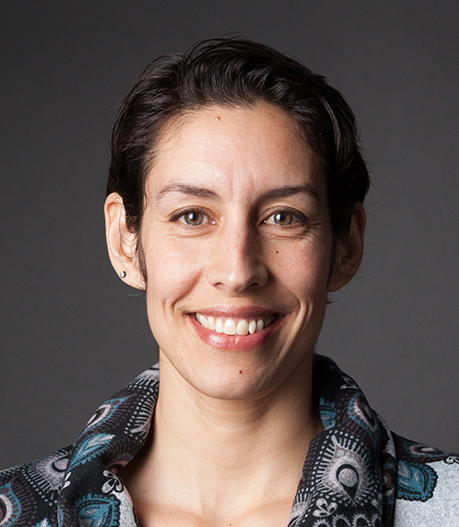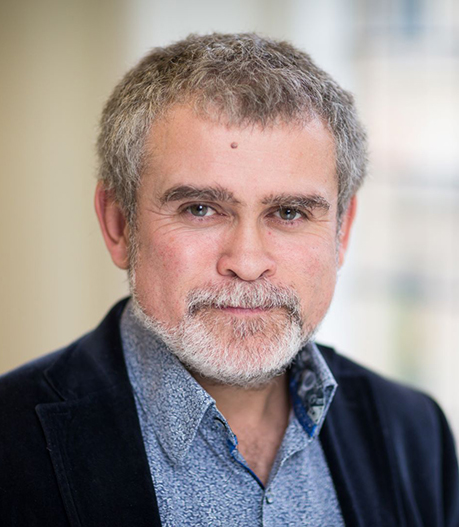Ecosperity Conversations: Special Edition
Towards a Clean Earth: From Oceans to Cities
Hear from three inspiring speakers about the urgency to conserve and protect our oceans and cities in this special edition of the Ecosperity Conversations series.
As part of the programme, participants will get to go on an exclusive tour of the Ecosperity Showcase, where some of the most innovative technologies in energy, circular economy and food will be on display.
Admission is free. For more information on this special edition of the Ecosperity Conversations, please contact us.
This special edition of the Ecosperity Conversations is part of the line-up of events during Ecosperity Week in June 2019.
About the speakers

Dr Beatrice Crona
Deputy Science Director,
Stockholm Resilience Centre
Beatrice is an Associate Professor and Deputy Science Director at the Stockholm Resilience Center, and the Executive Director of the research programme Global Economic Dynamics and the Biosphere at the Royal Swedish Academy of Science. She has a PhD in marine ecology but since her degree, has worked to integrate various social science theories and methods with ecology to improve understanding of complex social-ecological dynamics.
She was involved in the recent EAT-Lancet commission on Healthy Diets from Sustainable Food Systems. Some of her most recent work focuses on identifying opportunities for financial leadership for climate stability by linking Earth system science to ownership and investment patterns.

Laurel Chor
National Geographic Explorer
Laurel is a freelance journalist and National Geographic Explorer from Hong Kong who takes photos, writes, and makes films. She is passionate about telling stories that provoke awe about the world around us, and about the power within us to change it. Her ongoing photo project “Health in Harmony, Planet in Disharmony” looks at traditional Chinese medicine, its users, and the sources of its plant- and animal-based remedies. She hopes that the project can help spark an informed conversation about TCM’s impact on global biodiversity.
Passionate about wildlife conservation, Laurel is the founder of the Hong Kong Explorers Initiative, a project that encourages people to explore and appreciate the city's wild side, and has spoken to thousands about Hong Kong's biodiversity. In 2013, Dr. Jane Goodall appointed her as the ambassador for the Jane Goodall Institute in Hong Kong. She is also on the advisory board of the Hong Kong Shark Foundation.
She has previously worked on western lowland gorilla conservation in the Central African Republic, Chinese white dolphin research in Hong Kong, and on an undercover documentary on the ivory trade in the Democratic Republic of Congo. She is currently investigating how Chinese demand is fueling a new trade in jaguar parts from South America for a feature documentary.

Prof Alex Rogers
Science Director,
REV Ocean Foundation
Alex is a marine ecologist who is interested in how biodiversity is distributed in the ocean, especially in the deep sea and on tropical coral reefs. He is also interested in human impacts on the ocean and how to manage human activities to mitigate or reduce degradation of marine ecosystems. His work has taken him to the Indian and Southern Oceans and to the Caribbean investigating coral reef ecosystems, both in shallow water and the deep sea, seamounts and deep-sea hydrothermal vents.
As part of his work, Alex has published more than 141 peer-reviewed papers, 52 reports and is the author of a new book on the ocean called The Deep. Alex has worked with governments, intergovernmental and non-governmental organisations in publicising human impacts, especially those from deep-sea fishing and climate change, and on the development of policy solutions to such problems. He is Science Director of the REV Ocean Foundation, a new organisation aimed at finding solutions to ocean problems.





